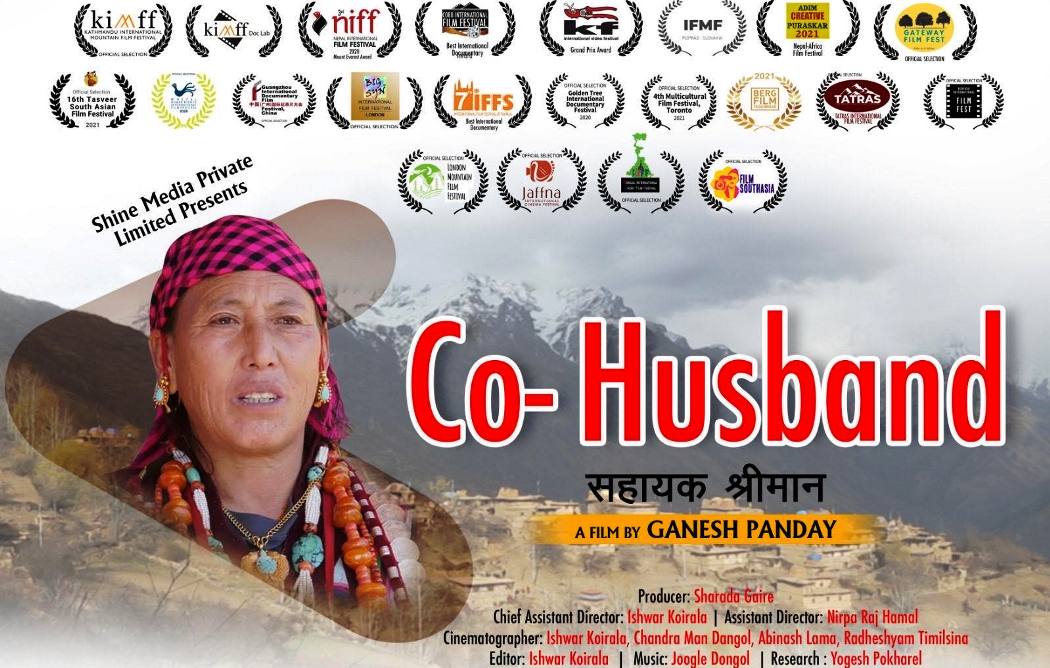
Polyandry Documentary 'Co-Husband' Selected for Academic Resources in USA and Canada
The documentary film Co-Husband, which examines the practice of polyandry in Nepal, is set to be incorporated into the curriculum at various universities and colleges across the United States and Canada. Directed by journalist Ganesh Pandey, this 35-minute film was shot in the Humla district of Karnali Province.
Educational Resource Integration
Documentary Educational Resources, a U.S.-based organization founded in 1968, has initiated the inclusion of Co-Husband as a reference material for educational purposes in academic institutions throughout North America. This initiative highlights the film's educational value and relevance in understanding unique cultural practices.
International Recognition and Awards
Co-Husband has received widespread acclaim, winning multiple awards in various countries. A significant achievement for the film was winning the Best Short Film Award, along with a cash prize, at the Society of Visual Anthropology Film and Media Festival. This event, organized by the American Anthropological Association and the Canadian Anthropology Society in Toronto, Canada, is known for recognizing excellence in visual anthropology.
Focus on Polyandry in Nepal
The documentary brings attention to the rare practice of polyandry, where several brothers marry the same woman. This tradition, still practiced in Humla and other Himalayan districts of Nepal, is explored in depth for the first time on screen by Director Pandey. The film's production, which took nearly four years, was handled by Sign Media Pvt. Ltd., with Pandey also serving as the writer.
Significance and Pride
Director Pandey shared that the inclusion of Co-Husband as a reference in anthropology courses at various universities is a source of pride for Nepal. His previous documentary, Bhagyale Bachekaharu (Nepal Earthquake: Heroes, Survivors, and Miracles), also received international recognition, winning over a dozen awards globally.
This achievement reflects the documentary's ability to engage and educate audiences about lesser-known cultural practices, making it a valuable resource for students and researchers in the field of anthropology.





